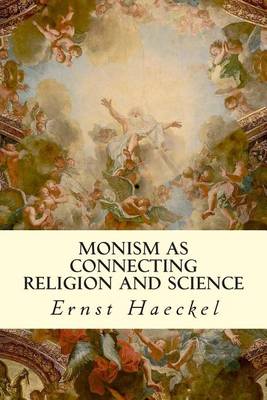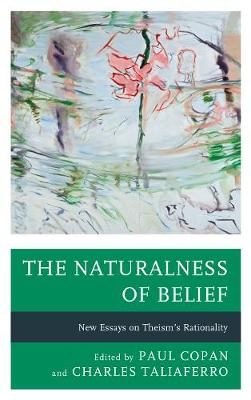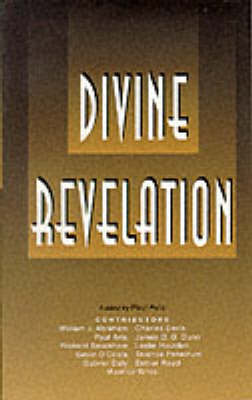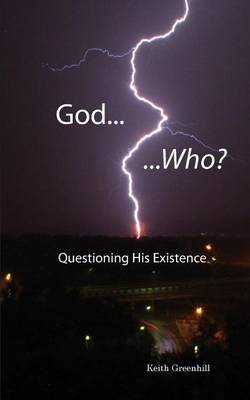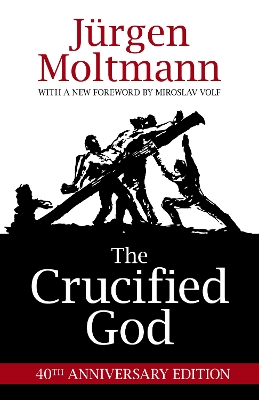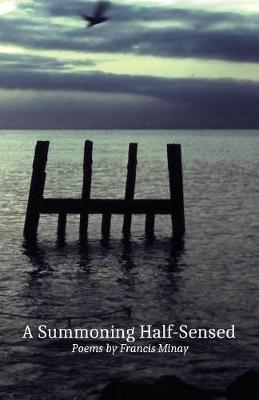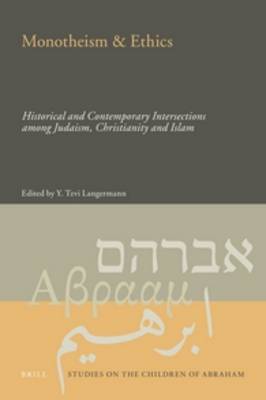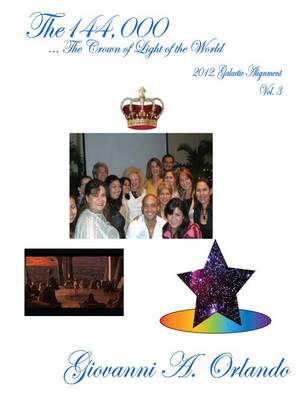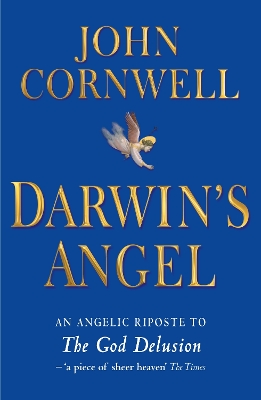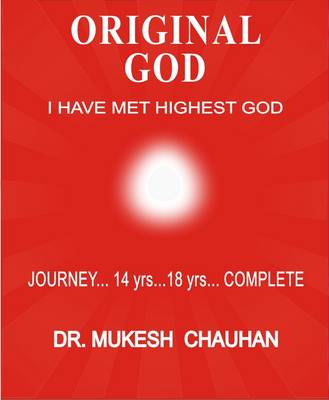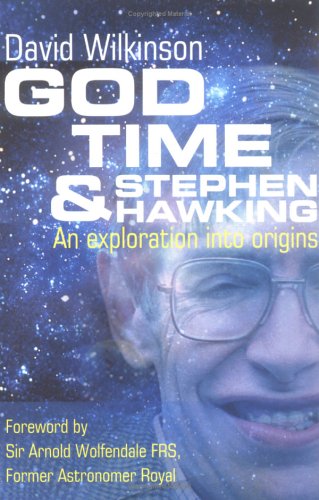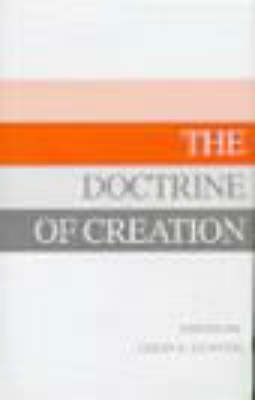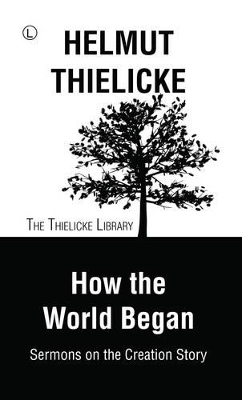God and Being (Contemporary Studies in Philosophy & the Human Sciences)
by Jeff Owen Prudhomme
The author interprets the relation to Heidegger's ontology to theology in terms of a correlation. He develops his inquiry from several different perspectives: a brief overview of Heidegger's thought; an overview of the traditional connections of God and being, between ontology and theology, and of the necessity of the connection; an overview of the theological reception of Heidegger's work; and finally a discussion of the current situation in theology.
Despite its name, "naturalism" as a world-view turns out to be rather unnatural in its strict and more consistent form of materialism and determinism. This is why a number of naturalists opt for a broadened version that includes objective moral values, intrinsic human dignity, consciousness, beauty, personal agency, and the like. But in doing so, broad naturalism begins to look more like theism. As many strict naturalists recognize, broad naturalism must borrow from the metaphysical resources of...
This title describes the cultural and philosophical background to the widespread contemporary abandonment of God.'
A Grammar of Consent
From its English publication in 1973, Jrgen Moltmanns The Crucified God garnered much attention, and it has become one of the seminal texts of twentieth-century theology. Moltmann proposes that suffering is not a problem to be solved but instead that suffering is an aspect of Gods very being: God is love, and love invariably involves suffering. In this view, the crucifixion of Jesus is an event that affects the entirety of the Trinity, showing that The Crucified God is more than an arresting tit...
A gathering of poems representing, in the words of the author, a `mining of a satisfying late seam of my personal development'. Artworks form the jumping off point for a number of the poems, and there is a semi biographical thread to others, as the poet looks back to formative experiences in his childhood and youth. These are counterbalanced by reflections on that experience in older age and, as a retired Church of England priest, on what it has meant to try and live with the expectations of a v...
The nexus between monotheism and ethics, especially in the forms professed by the three Abrahamic faiths, is the theme that binds together the studies in this volume. Fourteen leading academics from around the world discuss philosophical and theological connections, historical interactions, as well as responses to new and contemporary issues. Most, though not all of the essays, find a meaningful connection between monotheism and ethics; but none shy away from the problems involved.
The God Delusion is a clarion call to the faithless, the waverers, and even firm religious believers, to follow the author into radical atheism not merely as a private conviction but as a public profession. Wouldn't humankind be better off without religion, he asks. John Cornwell's Darwin's Angel is not so much a combative repudiation of Dawkins' arguments as a playful conversation with them, posing alternative view-points, exposing lapses in logic and errors of fact, from the vantage po...
Journey in Search of Original God (14-18 Years) (Divine Messages from Original God)
by Dr. Mukesh Chandubhai Chauhan
Discerning God's will can be a frustrating guessing game, but Drs. Waltke and MacGregor explore the biblical definition of "God's will" and give readers a practical, multistep process to better understand God's purpose for life.
Does Creation need a Creator? This book examines the question of the origin of the universe from the viewpoints of both science and religion. It argues that a scientific explanation for the beginning need not destroy belief in God. The book describes the discoveries of modern cosmology. What is the evidence for the big bang theory? How far can science go? What is quantum gravity and how significant is the work of Stephen Hawking? A new chapter reviews recent scientific discoveries and resarch in...
This text is part of the "New Studies in Constructive Theology" series. The author explores the Christian doctrine of creation, its nature, its importance and its history. Also examined are the origins of the doctrine of creation in the Bible, and the relation between the doctrine and science.
"The question of where we come from and where we are going is one of the elementary challenges of life. Perhaps it is the question of life. Only when we get an answer to it do we learn who we are." So begins How the World Began, a book that asks the most fundamental of all questions: who are we? And what did God intend us to be? Despite - perhaps even because of - the immense technological advances of our time, and the frightful consequences for the human race of the misuse of that power, humani...
Why God? (Why...?) (Christian Evidence Society Booklets)
by Simon Barrington-Ward
